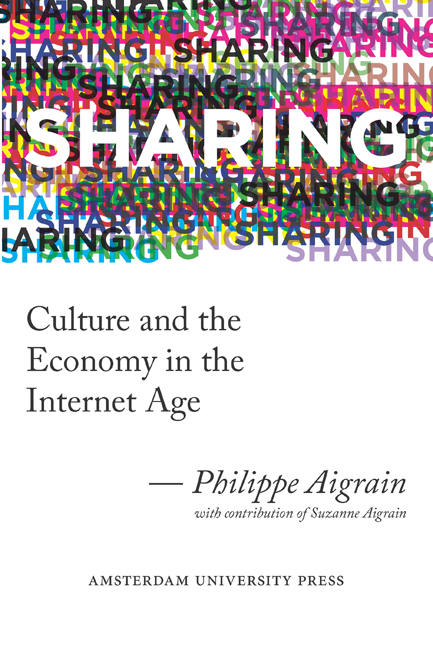7 - How much?
Summary
In this chapter, we embark on our most challenging task yet: to come up with a proposal for the amount of the Creative Contribution and the manner in which it will be distributed, as a starting point for future debate. We do this in a way that has not really been explored before: we consider the potential of on-line sharing to contribute to the cultural and creative capabilities of each and everyone, and estimate the needs for rewards and support for the production of new works from that perspective.
The “how much” question is easily tackled from a compensatory standpoint: evaluate the losses resulting from the existence of file sharing, then see whether the resulting figure is acceptable for those who will be asked to pay. This simplicity is somewhat deceptive. As we have seen, evaluating the losses to be compensated is far from trivial. First, which alleged losses deserve to be taken into consideration? Should we count present losses, or extrapolate into the future? Are we to compensate creators only, or also investors? Are losses compensatable only if they are fatal, in the sense that any exploitation of a creation would be jeopardized, or should we also compensate those who suffer losses because they stick to a particular mode of exploitation, but might not otherwise? Once the perimeter of losses is defined, we must of course discuss their amount. Terry Fisher did this calculation in (Fisher 2004), estimating the losses to correspond to $5.36 per month and per Internet-subscribing household for music and film. But if one were to repeat the calculation today, given the experience of the last six years and the many studies published in the interval, one would find a significantly reduced figure for the compensation of phonorecord-, film- and video-related losses. Even agreeing on a new figure would not be the end of it. There are many other forms of media, some already widespread in the digital sphere, such as photography, and some only starting to invest it, such as books. Furthermore, as we have already remarked, there is no reference upon which to base a compensatory reward on digitally native media: they would be collateral victims of such an approach. In other words, we would neither reward nor finance those who build the heart of the digital cultural commons.
Information
- Type
- Chapter
- Information
- SharingCulture and the Economy in the Internet Age, pp. 89 - 126Publisher: Amsterdam University PressPrint publication year: 2012
